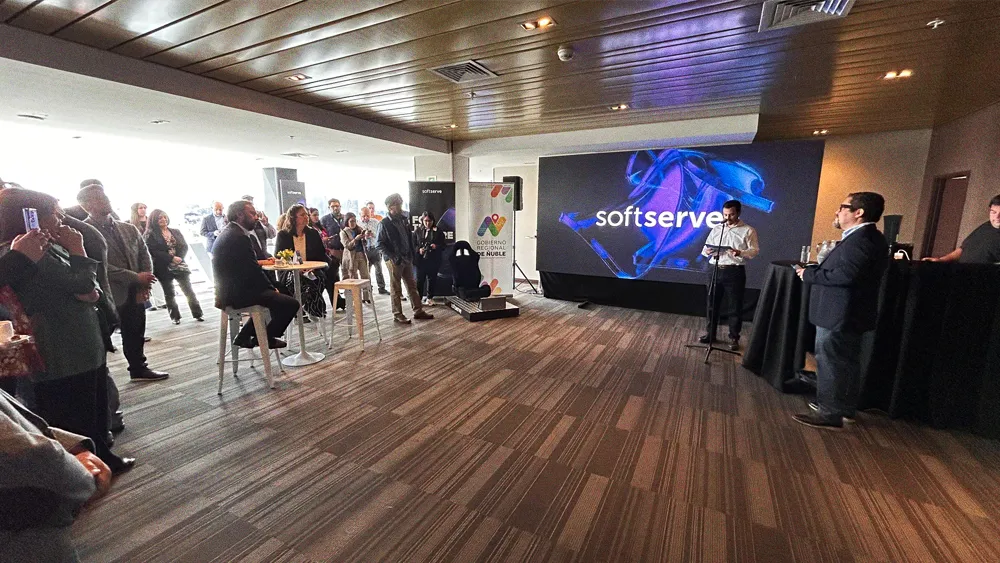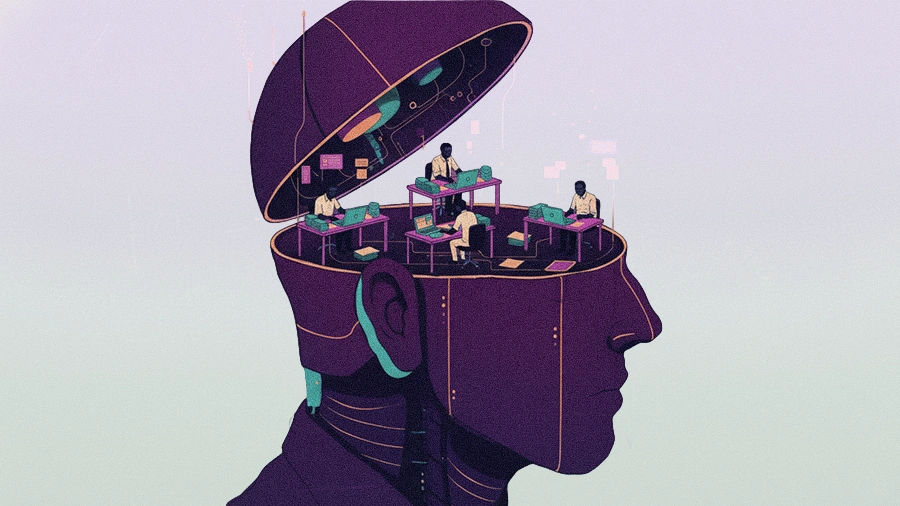From Taboo to Tool: How evolving AI interview processes like Meta’s are forcing HR to evolve
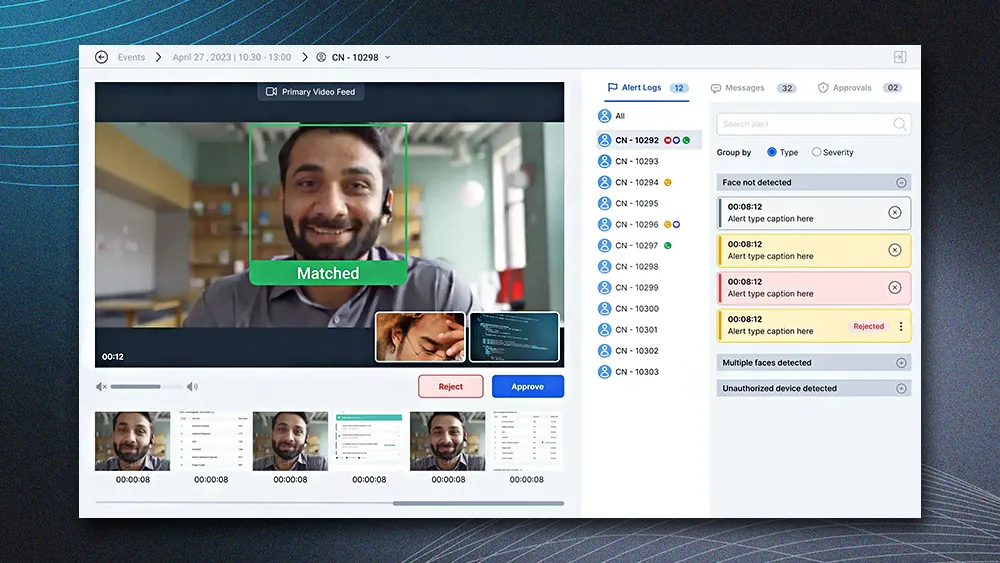
Key Points
Meta’s decision to allow AI in technical interviews sparked a debate on whether AI is a tool for cheating or a tool for working.
Sanjoe Tom Jose, CEO of Talview, argued that the focus must shift to evaluating how effectively a candidate can use AI, not what they know without it.
He explained Talview’s strategic pivot to an “agentic AI-first” company, building copilots to assist human evaluators in response to growing market demand.
Jose illustrated how these AI agents enable work at a previously unthinkable scale, such as conducting meaningful exit interviews with every departing employee.
When you're hiring someone or even when you're upskilling your current employees, the focus should be on how fast this particular individual can adopt AI, learn the ways of using AI at work, and how we evaluate them from that standpoint.
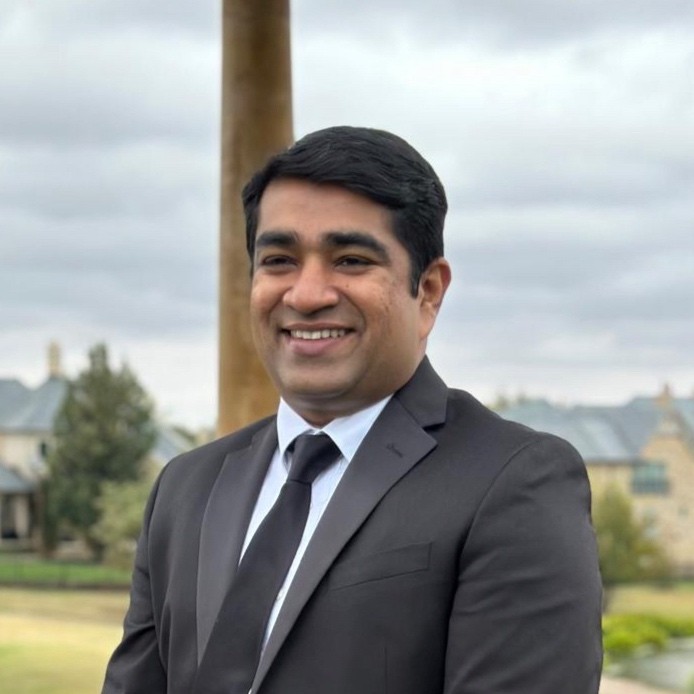
Sanjoe Tom Jose
Founder and CEO
Talview
When Meta recently announced its tests to potentially allow developers to use AI coding assistants like Claude and Replit during technical interviews, it marked a flashpoint in a much larger debate. The move has forced companies to confront a fundamental question: is AI a tool for cheating or a tool for working? For a growing number of experts, the question isn’t whether to allow AI in the evaluation process, but rather how to measure a candidate’s ability to wield it effectively.
This shift in perspective is the entire foundation of Talview, a company pioneering the use of AI in assessments. We spoke with its founder and CEO, Sanjoe Tom Jose, who argued that the industry is at a critical inflection point. Talview’s authority on the subject is hard-earned. The company has been operating in the space for eight years, long before the current generative AI boom. In 2022, a year before ChatGPT went mainstream, Talview had already won a Best HR Tech Product award for a solution built on GPT technology. He explained that for him, the future of hiring and upskilling isn’t about what a person knows, but how they use AI to get work done.
A new evaluation standard: “When you’re hiring someone or even when you’re upskilling your current employees, the focus should be on how fast this particular individual can adopt AI, learn the ways of using AI at work, and how we evaluate them from that standpoint. It’s not about making them write an article, for example, but how they would use AI to write an article and then improve that.”
Work with, not without: “So essentially, the evaluation when you’re trying to hire someone, when you train somebody and then you’re trying to see if they have retained the training or they’ve been trained well, the focus should be on their ability to get work done with AI and not without AI.”
For Jose, this philosophy required a fundamental change within his own organization. He explained that this culminated in a deliberate pivot for the company, moving beyond simple automation to embrace a new paradigm.
An agentic-first company: “2024 is when we said that this is going to be a fundamental shift in the core of the company. We are going to be an agentic AI-first company where we are not focused on just building tools to improve automation or efficiency. We are going to build agentic tools that are going to assist the humans who are involved in what we call human evaluation or talent measurement, whether it’s an interview or an exam. So whether you are doing an interview or conducting an exam, these agents are going to act as your copilot or autopilot.”
This strategic shift wasn’t just an internal decision, but a direct response to a clear and growing demand from the market for smarter, more autonomous tools.
The market for copilots: “Every enterprise customer is no longer demanding just automation, workflow, or reporting. Essentially, everybody wants tools which can act like agents or copilots to get work done.”
Jose offered a real-world example to illustrate the power of this agentic approach. A large staffing company was struggling with significant employee churn but couldn’t afford to conduct meaningful exit interviews at scale. Their old methods, like automated IVR systems, lacked the depth to provide actionable insights. He explained how deploying an AI agent provided the solution:
Unthinkable scale: “And now, you can afford to do these interviews at a scale which was otherwise unthinkable, where the agent is now having these conversations with every employee who’s exiting, understanding what went wrong, how it could have been better, and how they can be retained.”
This evolution from simple automation to intelligent assistance is more than just a new feature set; it’s a new way of thinking about enterprise software. It enables work that was previously impossible due to human effort and cost constraints. He positioned this journey not as unique to Talview, but as a blueprint for the entire industry. “I believe that’s probably the way every enterprise software provider should look at it.”
2024 is when we said that this is going to be a fundamental shift in the core of the company. We are going to be an agentic AI-first company where we are not focused on just building tools to improve automation or efficiency.
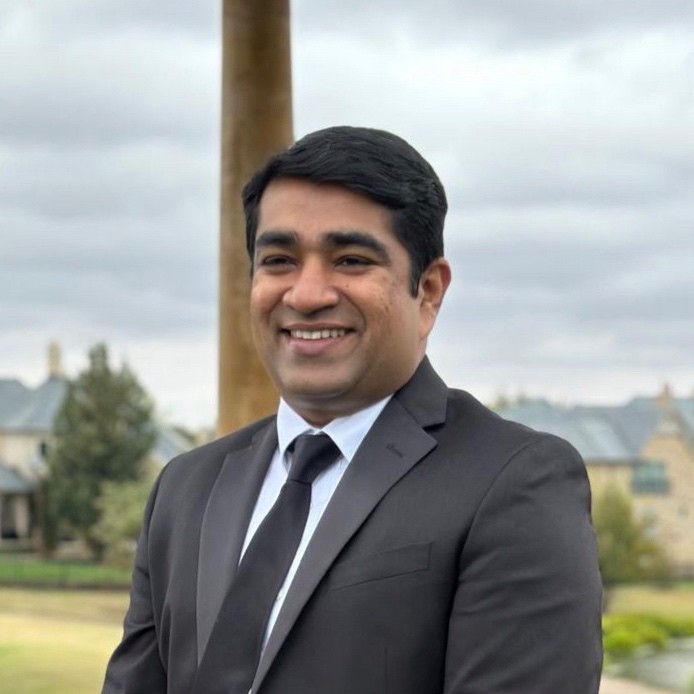
Sanjoe Tom Jose
Founder and CEO
Talview
2024 is when we said that this is going to be a fundamental shift in the core of the company. We are going to be an agentic AI-first company where we are not focused on just building tools to improve automation or efficiency.

Sanjoe Tom Jose
Founder and CEO
Talview
Related articles
TL;DR
Meta’s decision to allow AI in technical interviews sparked a debate on whether AI is a tool for cheating or a tool for working.
Sanjoe Tom Jose, CEO of Talview, argued that the focus must shift to evaluating how effectively a candidate can use AI, not what they know without it.
He explained Talview’s strategic pivot to an “agentic AI-first” company, building copilots to assist human evaluators in response to growing market demand.
Jose illustrated how these AI agents enable work at a previously unthinkable scale, such as conducting meaningful exit interviews with every departing employee.

Sanjoe Tom Jose
Talview
Founder and CEO

Founder and CEO
When Meta recently announced its tests to potentially allow developers to use AI coding assistants like Claude and Replit during technical interviews, it marked a flashpoint in a much larger debate. The move has forced companies to confront a fundamental question: is AI a tool for cheating or a tool for working? For a growing number of experts, the question isn’t whether to allow AI in the evaluation process, but rather how to measure a candidate’s ability to wield it effectively.
This shift in perspective is the entire foundation of Talview, a company pioneering the use of AI in assessments. We spoke with its founder and CEO, Sanjoe Tom Jose, who argued that the industry is at a critical inflection point. Talview’s authority on the subject is hard-earned. The company has been operating in the space for eight years, long before the current generative AI boom. In 2022, a year before ChatGPT went mainstream, Talview had already won a Best HR Tech Product award for a solution built on GPT technology. He explained that for him, the future of hiring and upskilling isn’t about what a person knows, but how they use AI to get work done.
A new evaluation standard: “When you’re hiring someone or even when you’re upskilling your current employees, the focus should be on how fast this particular individual can adopt AI, learn the ways of using AI at work, and how we evaluate them from that standpoint. It’s not about making them write an article, for example, but how they would use AI to write an article and then improve that.”
Work with, not without: “So essentially, the evaluation when you’re trying to hire someone, when you train somebody and then you’re trying to see if they have retained the training or they’ve been trained well, the focus should be on their ability to get work done with AI and not without AI.”
For Jose, this philosophy required a fundamental change within his own organization. He explained that this culminated in a deliberate pivot for the company, moving beyond simple automation to embrace a new paradigm.
An agentic-first company: “2024 is when we said that this is going to be a fundamental shift in the core of the company. We are going to be an agentic AI-first company where we are not focused on just building tools to improve automation or efficiency. We are going to build agentic tools that are going to assist the humans who are involved in what we call human evaluation or talent measurement, whether it’s an interview or an exam. So whether you are doing an interview or conducting an exam, these agents are going to act as your copilot or autopilot.”

Sanjoe Tom Jose
Talview
Founder and CEO

Founder and CEO
This strategic shift wasn’t just an internal decision, but a direct response to a clear and growing demand from the market for smarter, more autonomous tools.
The market for copilots: “Every enterprise customer is no longer demanding just automation, workflow, or reporting. Essentially, everybody wants tools which can act like agents or copilots to get work done.”
Jose offered a real-world example to illustrate the power of this agentic approach. A large staffing company was struggling with significant employee churn but couldn’t afford to conduct meaningful exit interviews at scale. Their old methods, like automated IVR systems, lacked the depth to provide actionable insights. He explained how deploying an AI agent provided the solution:
Unthinkable scale: “And now, you can afford to do these interviews at a scale which was otherwise unthinkable, where the agent is now having these conversations with every employee who’s exiting, understanding what went wrong, how it could have been better, and how they can be retained.”
This evolution from simple automation to intelligent assistance is more than just a new feature set; it’s a new way of thinking about enterprise software. It enables work that was previously impossible due to human effort and cost constraints. He positioned this journey not as unique to Talview, but as a blueprint for the entire industry. “I believe that’s probably the way every enterprise software provider should look at it.”


